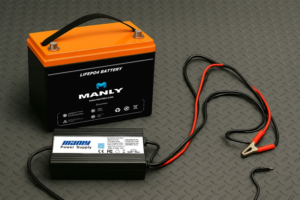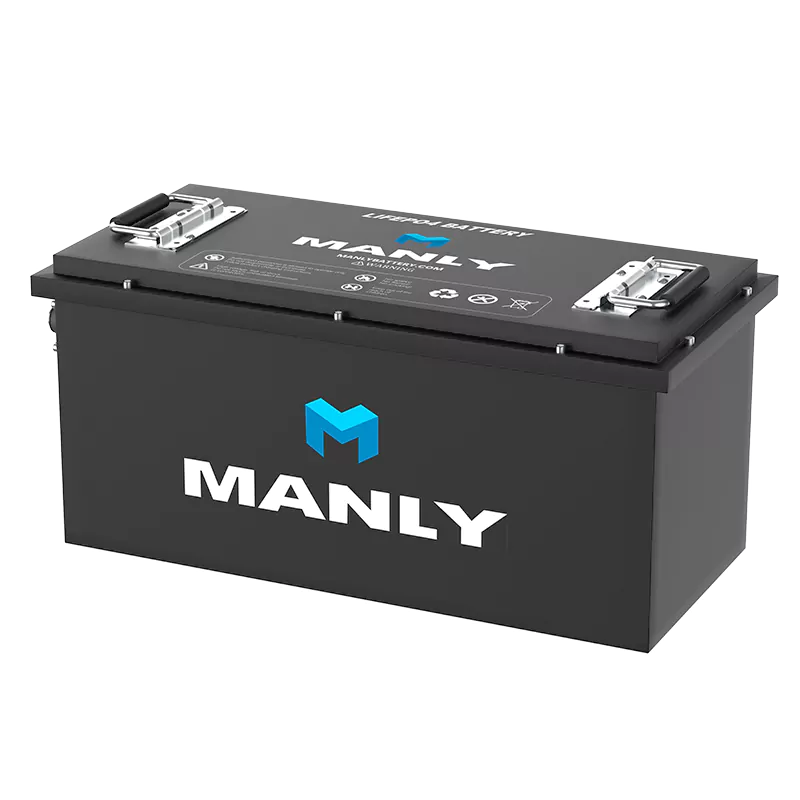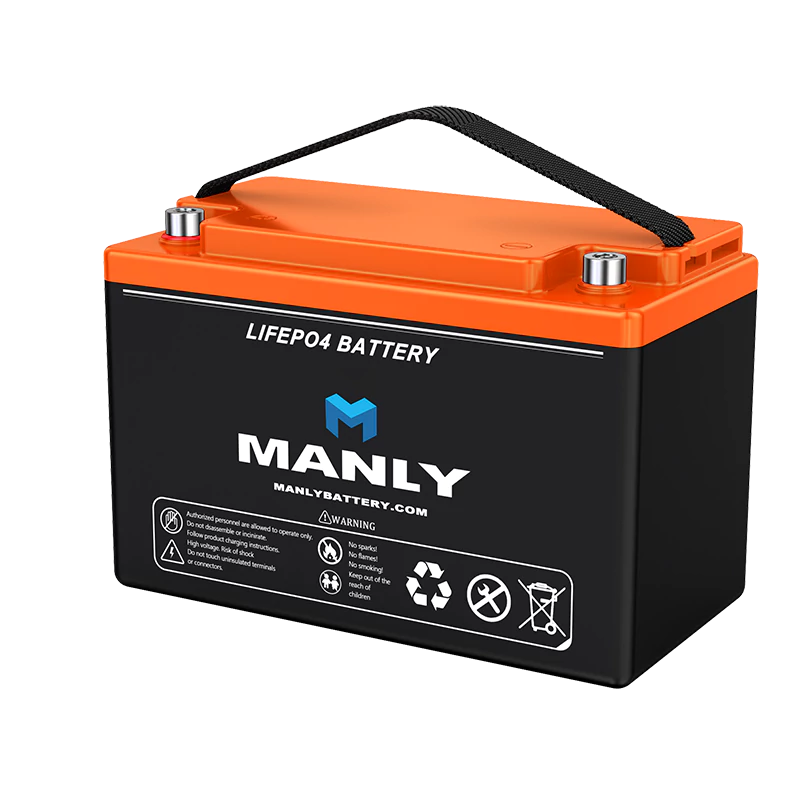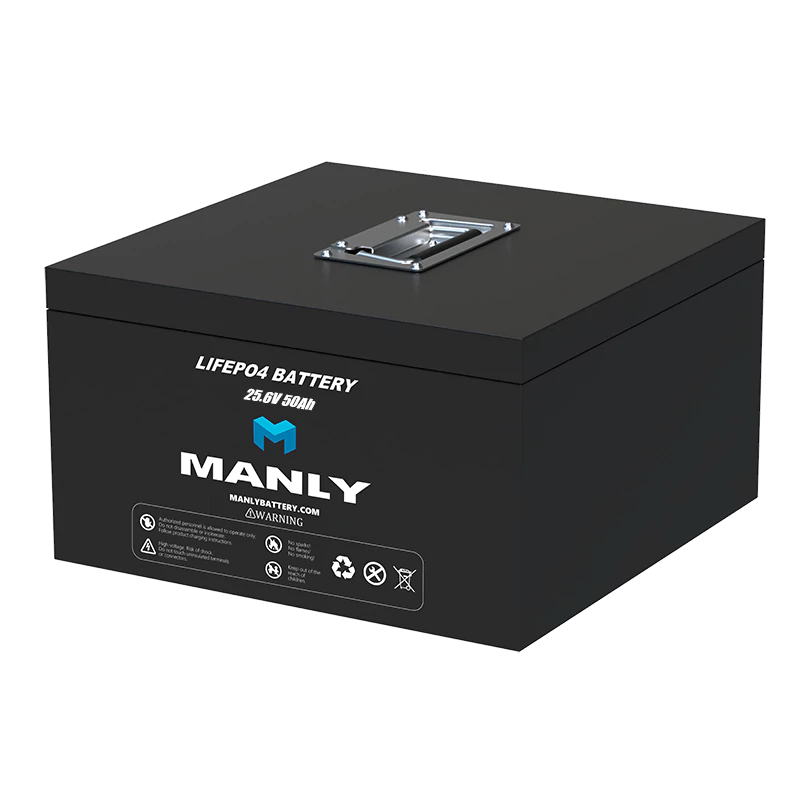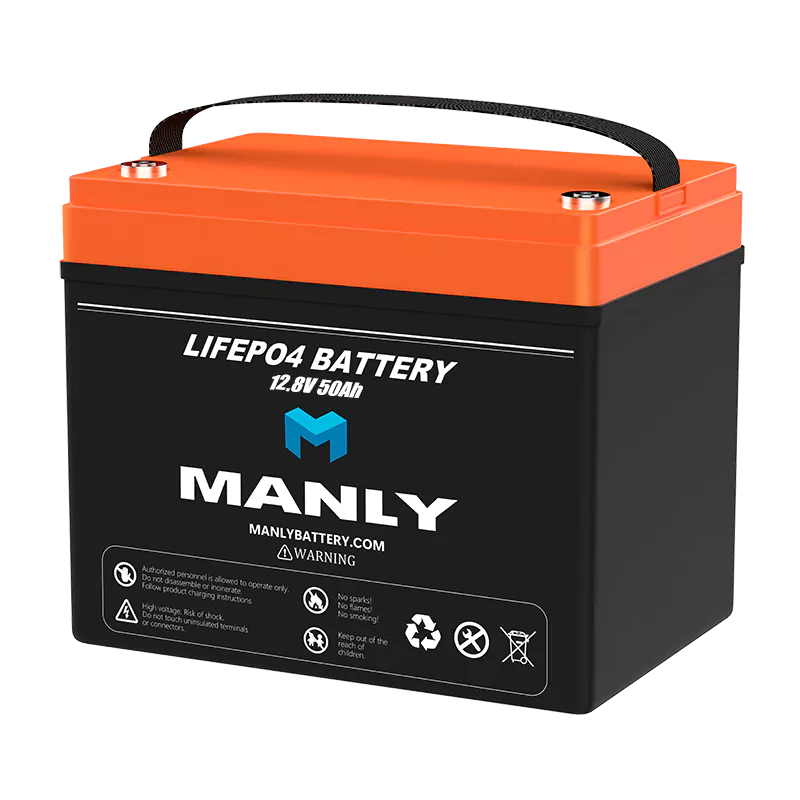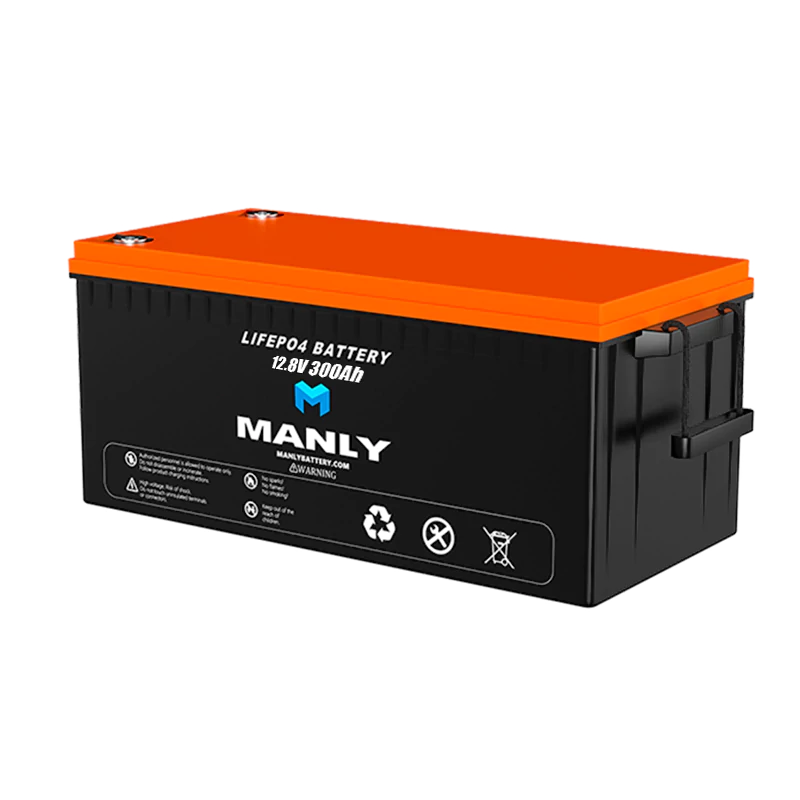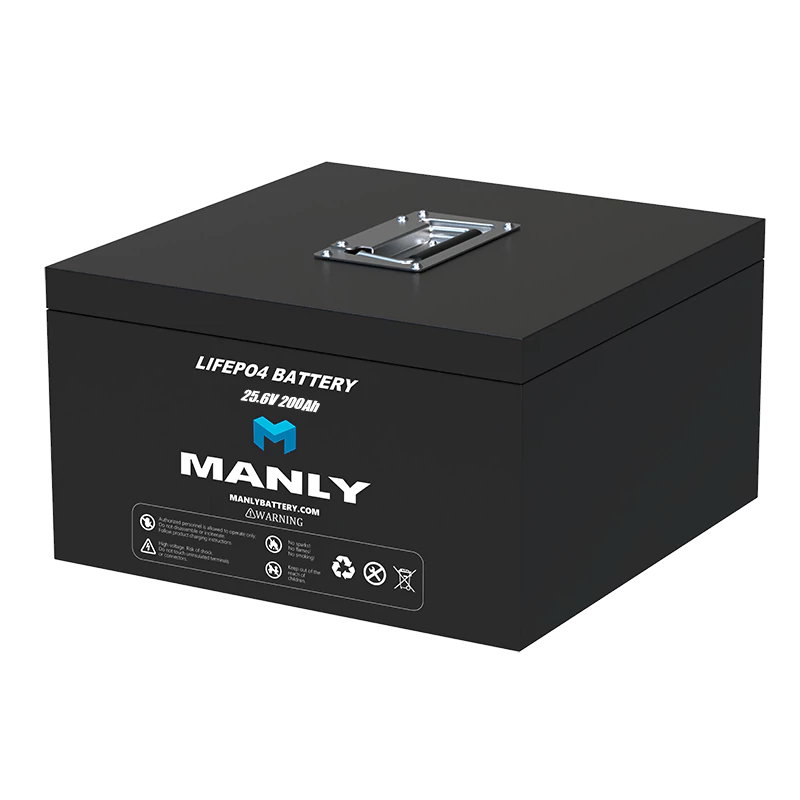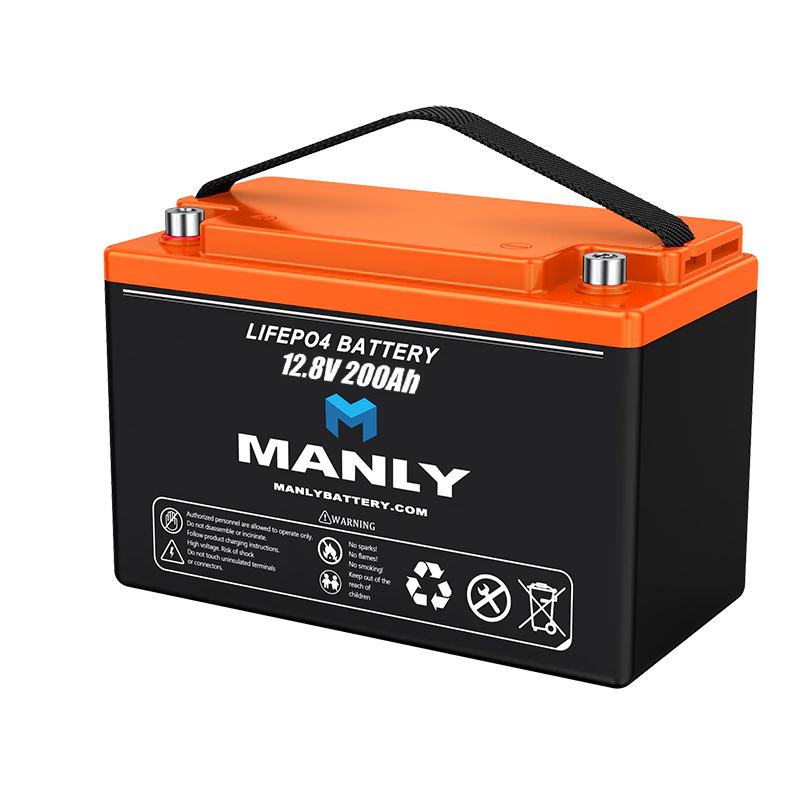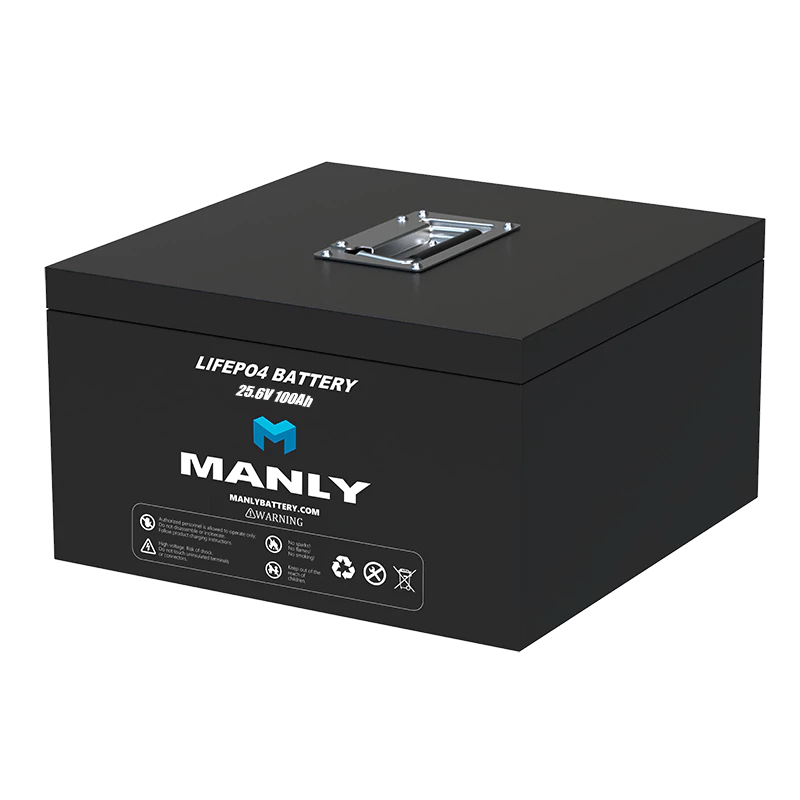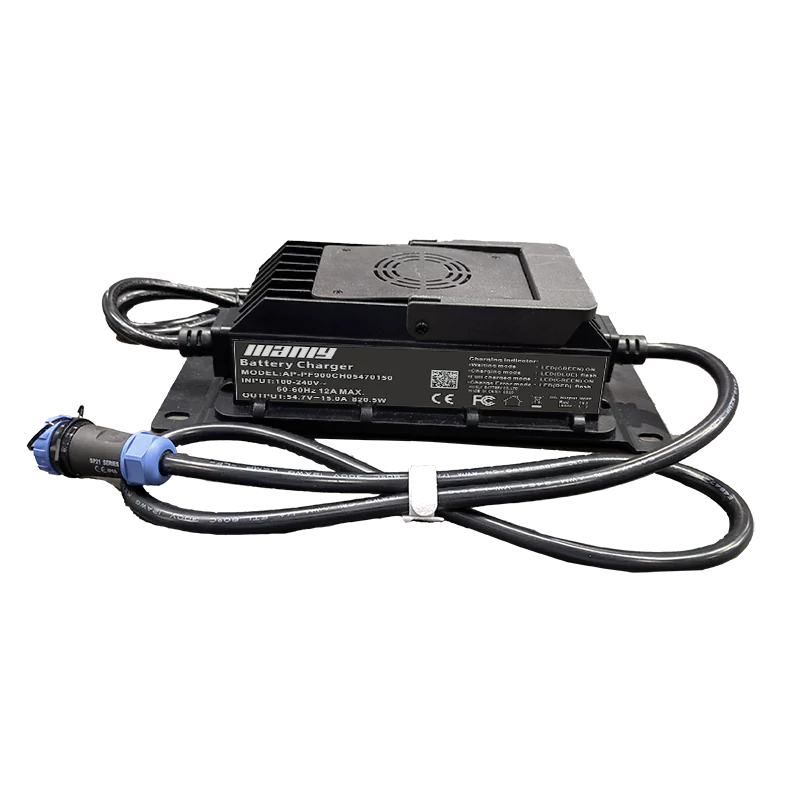2024 How Much Does a Marine Battery Weigh?
Table of Contents
- 2024 How Much Does a Marine Battery Weigh?
- Importance of Battery Weight in Marine Applications
- The Lightest Marine Battery Options
- Typical Weight Ranges for Marine Batteries
- What Does a 12V Battery for Boat Weigh?
- Weight Differences Among Battery Types
- Weights of Various Marine Battery Sizes
- Differences in Weight Between Starting and Deep Cycle Marine Batteries
- Does a Fully Charged Battery Weigh More?
- How Battery Weight Affects Marine Performance
- Comparison of Weight Between Wet-Cell and Dry-Cell Marine Batteries
- How Marine Battery Weight Compares to Car and RV Battery Weight
- Calculating Total Battery Weight for Your Vessel
- Choosing Between Weight, Performance, and Cost in Boat Batteries
- Boat Batteries Manufacturer
- Conclusion
- Learn More About Battery
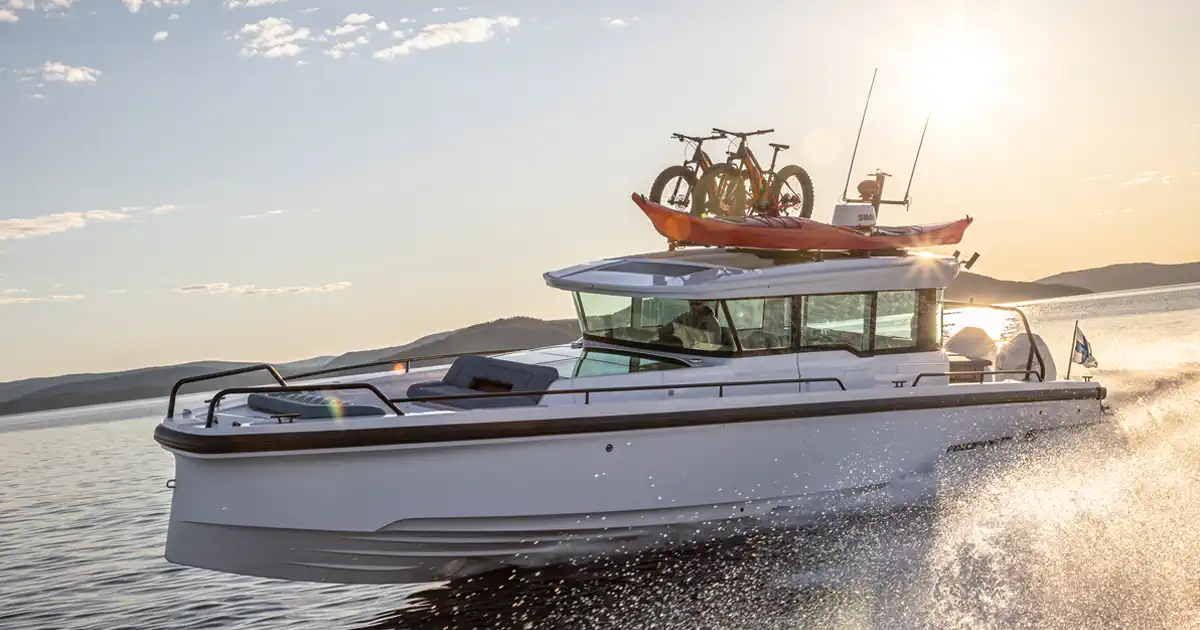
Importance of Battery Weight in Marine Applications
When it comes to marine applications, battery weight plays a crucial role in overall performance. Heavier batteries can slow down a boat and make it harder to maneuver, especially for smaller vessels like kayaks and canoes. Excess weight raises the boat’s center of gravity, increasing the risk of tipping and instability. Additionally, a heavier battery requires counterbalancing, which adds even more weight. This extra load reduces the power-to-weight ratio, causing the engine to work harder and leading to higher fuel consumption and lower efficiency. Even a small reduction in battery weight can significantly enhance speed and handling, especially for boats under 20 feet. Keeping batteries lightweight is essential for improving performance and safety across all types of marine craft.The Lightest Marine Battery Options
The lightest marine battery option currently available is the marine lithium battery. These batteries can weigh 60-70% less than comparable lead-acid batteries with similar capacities. For example, a 100Ah lithium boat battery might weigh between 20-30 pounds, while a lead-acid counterpart could weigh anywhere from 60 to 100 pounds. This substantial difference makes lithium boat batteries the ultimate choice for weight-conscious boaters. A comparison of typical 100Ah battery weights highlights this advantage:- Lithium Ion: 20 – 35 lbs
- AGM Lead Acid: 60 – 80 lbs
- Gel Lead Acid: 60 – 80 lbs
- Wet Cell Lead Acid: 80 – 120+ lbs
Typical Weight Ranges for Marine Batteries
Marine batteries vary significantly in weight depending on their type and specifications. Understanding the typical weight range can help boaters choose the right boat battery for their needs. Here’s a breakdown of the expected weights for different battery types:- Lithium-Ion: 16 – 32 lbs
- AGM Lead Acid: 30 – 60 lbs
- Gel Lead Acid: 35 – 75 lbs
- Lead-acid (wet cell): 50 – 120+ lbs
What Does a 12V Battery for Boat Weigh?
The weight of a 12V battery for boat use can vary based on its type and capacity. Generally, here’s what you can expect:- Lithium 12V Boat Batteries: Around 20 – 35 lbs
- AGM 12V Batteries: Typically weigh between 30 – 60 lbs
- Gel 12V Batteries: Generally range from 35 – 75 lbs
- Wet Cell 12V Batteries: Can weigh between 50 – 120+ lbs
Types of 12V Boat Batteries
There are several types of 12V boat batteries available, each with unique characteristics:- Lithium Batteries: Known for being the lightest marine battery, offering high energy density and long lifespan.
- AGM Batteries: Provide good performance and are spill-proof but are heavier than lithium.
- Gel Batteries: Similar to AGM, they are safe and reliable but still on the heavier side.
- Wet Cell Batteries: The traditional option, these are the heaviest and less efficient compared to lithium alternatives.
Are All Marine Batteries 12V?
Not all marine batteries are 12V. While many smaller boats utilize 12V systems, larger vessels may use higher voltage batteries, such as 24V or 48V, for their power needs. The choice of voltage depends on the boat’s size, required power output, and electrical system design.Factors Influencing Battery Weight
Several factors influence battery weight, including:- Battery Type: Lithium batteries are generally much lighter than lead-acid options.
- Capacity: Higher capacity batteries tend to weigh more due to the increased amount of materials used.
- Design: The materials used in construction, such as lead plates in traditional batteries, contribute significantly to weight.
- Group Size: Different marine battery sizes have specific dimensions that affect their overall weight.
Comparison of Heaviest and Lightest Boat Batteries
When comparing the heaviest and lightest options:- Lightest Marine Battery: Lithium batteries lead the way, with some models weighing as little as 16 lbs for equivalent capacities.
- Heaviest Boat Battery: Traditional flooded lead-acid batteries can exceed 120 lbs, especially in larger group sizes like Group 31.
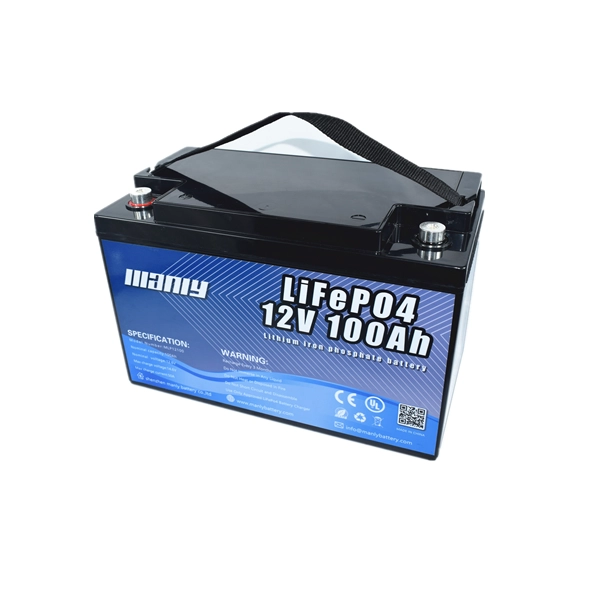
Weight Differences Among Battery Types
Understanding the weight differences between various battery types is crucial for selecting the right marine battery for your vessel. Each type has its own characteristics that affect battery weight, making it essential to choose wisely.Lead-Acid Battery Weights
Flooded lead-acid batteries are the heaviest among marine batteries. Typically, their weights range from 50 to over 120 pounds, depending on the specific group size. For example, a group 31 battery weight can easily reach 70-90 lbs. This significant weight is due to the dense lead plates and liquid sulfuric acid inside, making them less suitable for weight-sensitive applications.AGM Battery Weights
Absorbed Glass Mat (AGM) batteries are a popular choice for many boaters. They generally weigh between 30 and 60 pounds, making them lighter than traditional lead-acid batteries but still heavier than marine lithium batteries. AGM batteries offer good performance and are spill-proof, but their weight can impact overall boat agility.Gel Battery Weights
Gel batteries are similar to AGM in weight, typically ranging from 35 to 75 pounds. These batteries contain a gel electrolyte, making them safer and less prone to leaks. However, they still don’t match the lightweight nature of lithium options. Their weight can be a consideration for smaller boats where every pound counts.Lithium-Ion Battery Weights
Lithium-ion batteries are the lightest marine battery option available today. Weighing between 16 and 32 pounds, they provide substantial weight savings compared to lead-acid and AGM batteries. For instance, a 100Ah lithium boat battery can weigh as little as 20-30 lbs, significantly enhancing performance and efficiency. The lightweight design and higher energy density make lithium batteries an ideal choice for modern marine applications.By comparing these weights, boaters can make informed decisions based on their specific needs, balancing battery weight with performance and capacity.Weights of Various Marine Battery Sizes
The weight of marine batteries can vary significantly depending on their group size, which refers to their physical dimensions—length, width, and height. Understanding these weights is vital for choosing the right boat battery for your vessel. Here are common group sizes and their typical weights:- Group 24: Generally weighs between 50 and 70 lbs. This size is popular for smaller boats and often used for starting and deep cycle applications.
- Group 27: Typically weighs about 60 to 80 lbs. This group is slightly larger and provides more power, making it suitable for medium-sized vessels.
- Group 31: A common choice for larger boats, group 31 battery weight ranges from 70 to 100 lbs. These batteries are often used for deep cycle applications due to their capacity.
- Group 8D: This is one of the heaviest options, weighing between 100 and 120 lbs. It’s primarily used in larger boats that require substantial power.
Differences in Weight Between Starting and Deep Cycle Marine Batteries
Starting and deep cycle batteries serve different purposes, and their weights reflect these differences.Starting Batteries are designed to provide a short burst of high current to start an engine. They typically weigh less than deep cycle batteries because they have thinner plates and are built for quick discharge. A lightweight boat battery of this type might weigh around 30 to 60 lbs, depending on the group size.Deep Cycle Batteries, on the other hand, are built to provide sustained power over a longer period. These batteries are generally heavier, often weighing between 50 and 120 lbs. Their thicker plates allow for deeper discharges and longer usage times. For instance, a group 31 battery weight for a deep cycle option can reach the higher end of that range, making it more suitable for powering electronics and other equipment over time.Understanding the weight differences between these battery types can help boaters choose the right option for their specific needs, balancing weight with performance and capacity requirements.Does a Fully Charged Battery Weigh More?
The question of whether a fully charged battery weighs more is an interesting one. In general, a boat battery does not significantly change in weight when fully charged compared to when it is discharged. The chemical reactions that occur within the battery do not add or remove any material; they simply change the state of the electrolyte. Therefore, whether it’s a marine battery or marine lithium batteries, the weight remains effectively the same, regardless of the charge level.How Battery Weight Affects Marine Performance
Battery weight has a direct impact on marine performance. A lighter battery, such as the lightest marine battery options available, can enhance speed, maneuverability, and fuel efficiency. For smaller vessels, a lightweight boat battery can improve responsiveness, making it easier to navigate and control the boat. Excessive battery weight can raise the boat's center of gravity, making it more prone to tipping and less stable, which can compromise safety.For larger boats, while they may accommodate heavier batteries better, excess weight still affects overall performance. It can reduce the engine's efficiency, requiring more fuel to maintain speed and leading to slower acceleration. This is particularly important for boaters looking to optimize their vessel's performance for long trips or competitive situations.By choosing the appropriate battery weight, boaters can ensure better handling, improved speed, and enhanced overall performance on the water.Comparison of Weight Between Wet-Cell and Dry-Cell Marine Batteries
Yes, there is a notable weight difference between wet-cell and dry-cell marine batteries. Wet-cell batteries, such as traditional flooded lead-acid types, tend to be heavier due to the liquid electrolyte they contain. Their weight can range from 50 to over 120 lbs, making them some of the heaviest options available. In contrast, dry-cell batteries, including AGM (Absorbed Glass Mat) and lithium boat batteries, are generally lighter. For example, AGM batteries typically weigh between 30 and 60 lbs, while marine lithium batteries can weigh as little as 16 to 35 lbs. This significant difference in battery weight makes dry-cell options more favorable for those looking to reduce the overall weight of their vessel, enhancing performance and maneuverability.How Marine Battery Weight Compares to Car and RV Battery Weight
When comparing marine battery sizes to car or RV batteries, it's essential to consider their specific applications and weight ranges. Car batteries are generally similar in weight to smaller marine batteries, typically ranging from 30 to 50 lbs. However, larger RV batteries, especially those designed for deep cycle use, can weigh significantly more, often between 60 and 120 lbs, similar to heavier marine batteries like group 31 battery weight options.In summary, while there are overlaps in weight categories, marine batteries tend to be designed for different use cases, focusing on weight distribution and performance in watercraft. The lighter options in the marine category, particularly lithium boat batteries, offer distinct advantages in performance compared to the traditional heavyweights found in automotive and RV applications. By choosing the right battery weight for their needs, boaters can optimize performance while maintaining the balance and efficiency of their vessels.Calculating Total Battery Weight for Your Vessel
When planning for a boat battery system, understanding the battery weight is crucial for overall vessel performance. To calculate the total battery weight, start by identifying the number of batteries you'll use and their individual weights. For instance, if you’re using a group 31 battery, which typically weighs around 70-80 pounds, multiply this weight by the number of batteries. Additionally, consider the marine battery sizes and marine battery dimensions to ensure they fit properly in your boat’s designated battery compartment. Always include any extra weight from accessories, such as connectors or mounting hardware, to get an accurate total. By carefully calculating the total battery weight, you can ensure optimal performance and balance for your vessel.Choosing Between Weight, Performance, and Cost in Boat Batteries
Selecting the right boat battery involves balancing weight, performance, and cost. Lightweight options, like marine lithium batteries, offer substantial benefits, including longer lifespans and faster charging times, which enhance overall performance. However, they may come at a higher initial cost. In contrast, traditional lead-acid batteries might be more affordable but can weigh significantly more, impacting your boat’s agility and speed. When considering the lightest marine battery options, weigh the benefits against your budget and intended use. Evaluate factors such as marine battery sizes and whether the reduced weight aligns with your performance goals. Ultimately, the right choice will depend on your specific boating needs and how you prioritize each aspect of battery selection.Boat Batteries Manufacturer
 When it comes to choosing a reliable boat battery, the manufacturer plays a crucial role in ensuring quality and performance. MANLY Battery stands out as a premier producer of marine batteries, with over 13 years of excellence in the industry. Located in key regions of China, such as Shenzhen, Dongguan, and Huizhou, MANLY operates a state-of-the-art facility covering 65,000 square meters. With an impressive daily production capacity of over 3,000 batteries, MANLY delivers a wide range of battery solutions, including marine lithium batteries that cater to diverse applications, from solar energy systems to advanced robotics.The company's commitment to quality is underscored by its global certifications, including UN38.3 and UL, ensuring that each lightweight boat battery meets rigorous safety standards. MANLY also offers customization options to fit specific needs, making it a trusted choice for boaters looking for the lightest marine battery solutions. With a 10-year warranty and features such as short circuit protection and optimal performance under extreme temperatures, MANLY Battery is dedicated to providing exceptional products that enhance marine performance and reliability.
When it comes to choosing a reliable boat battery, the manufacturer plays a crucial role in ensuring quality and performance. MANLY Battery stands out as a premier producer of marine batteries, with over 13 years of excellence in the industry. Located in key regions of China, such as Shenzhen, Dongguan, and Huizhou, MANLY operates a state-of-the-art facility covering 65,000 square meters. With an impressive daily production capacity of over 3,000 batteries, MANLY delivers a wide range of battery solutions, including marine lithium batteries that cater to diverse applications, from solar energy systems to advanced robotics.The company's commitment to quality is underscored by its global certifications, including UN38.3 and UL, ensuring that each lightweight boat battery meets rigorous safety standards. MANLY also offers customization options to fit specific needs, making it a trusted choice for boaters looking for the lightest marine battery solutions. With a 10-year warranty and features such as short circuit protection and optimal performance under extreme temperatures, MANLY Battery is dedicated to providing exceptional products that enhance marine performance and reliability.

